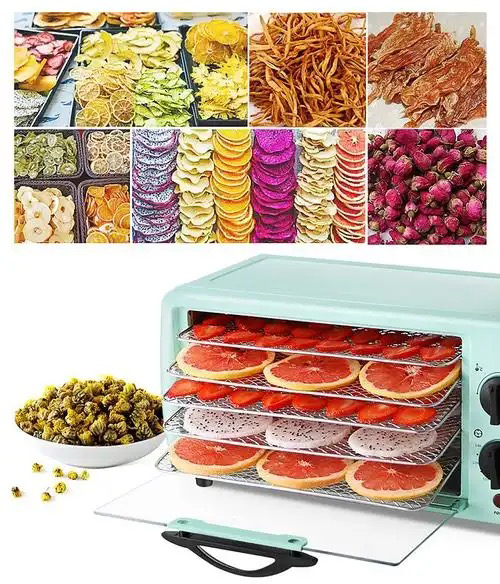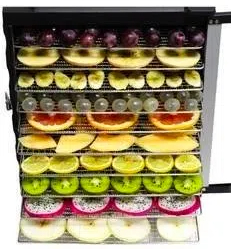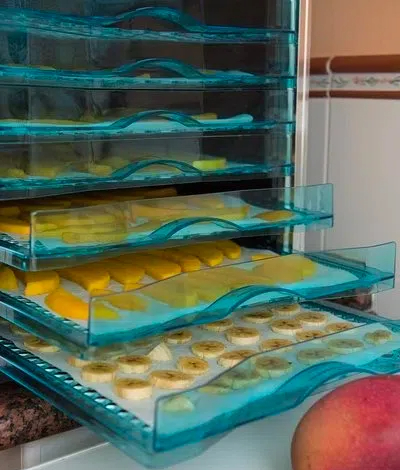
Content Menu
● Understanding Heat Pump Dryers
>> How Do Heat Pump Dryers Work?
● Advantages of Energy Star Certified Heat Pump Dryers
● Disadvantages of Heat Pump Dryers
● Comparing Heat Pump Dryers with Traditional Dryers
● The Cost-Benefit Analysis
● User Experience and Reviews
● Maintenance Tips for Heat Pump Dryers
● Conclusion
● FAQ
>>> 1. What is an Energy Star heat pump dryer?
>> 2. How much energy can I save with a heat pump dryer?
>> 3. Are heat pump dryers suitable for all types of fabrics?
>> 4. Can I install a heat pump dryer anywhere in my home?
>> 5. What maintenance do heat pump dryers require?
In recent years, energy efficiency has become a priority for many households, prompting the search for appliances that not only perform well but also help save on utility bills. One such appliance gaining popularity is the heat pump dryer. This article explores the benefits of heat pump dryers, particularly those certified by Energy Star, and discusses whether they are worth the investment for consumers.

Understanding Heat Pump Dryers
Heat pump dryers represent a significant advancement in drying technology. Unlike traditional dryers that vent hot, moist air outside, heat pump dryers recycle air within a closed system. This process involves extracting moisture from the air while retaining heat, making them considerably more energy-efficient.
How Do Heat Pump Dryers Work?
- Closed Loop System: Heat pump dryers use a refrigerant to absorb moisture from the air inside the drum. The warm, moist air is then cooled down, allowing the moisture to condense and be collected in a tank or drained away.
- Energy Efficiency: According to Energy Star, these dryers can save up to 70% more energy compared to conventional models. This is achieved through their ability to reuse heat rather than expelling it outside.
- Gentler on Fabrics: By operating at lower temperatures, heat pump dryers are gentler on clothes, helping to preserve fabric integrity and reduce wear over time.
Advantages of Energy Star Certified Heat Pump Dryers
Investing in an Energy Star certified heat pump dryer comes with numerous advantages:
- Significant Energy Savings: These dryers can reduce energy consumption by at least 28% compared to standard dryers. Over time, this translates into substantial savings on electricity bills.
- Environmental Benefits: By using less energy, heat pump dryers contribute to lower greenhouse gas emissions. If all new electric dryers sold in the U.S. were Energy Star certified, it could save millions in electricity costs and significantly reduce environmental impact.
- Installation Flexibility: Since they do not require external venting, heat pump dryers can be installed in various locations within a home, including apartments or small spaces where traditional dryers would be impractical.
- Enhanced Performance Features: Many models come equipped with smart features such as moisture sensors that optimize drying times and prevent over-drying, further enhancing energy efficiency.
Disadvantages of Heat Pump Dryers
While there are many benefits, potential buyers should also consider some drawbacks:
- Higher Initial Cost: Heat pump dryers tend to have a higher upfront cost compared to traditional models. However, this can be offset by long-term savings on energy bills.
- Longer Drying Times: Due to their lower operating temperatures, drying cycles may take longer than conventional dryers. This factor can be significant for larger households with high laundry demands.
- Maintenance Requirements: Regular cleaning of filters and maintenance is necessary to ensure optimal performance and longevity of the dryer.
Comparing Heat Pump Dryers with Traditional Dryers
| Feature | Heat Pump Dryer | Traditional Dryer |
| Energy Efficiency | Up to 70% less energy used | Higher energy consumption |
| Installation | No vent required | Requires external venting |
| Drying Temperature | Lower temperatures | Higher temperatures |
| Initial Cost | Generally higher | Generally lower |
| Drying Time | Longer | Faster |
The Cost-Benefit Analysis
When considering whether to invest in an Energy Star heat pump dryer, it's essential to conduct a cost-benefit analysis. While the initial purchase price may be higher than that of conventional dryers, the long-term savings can make it a wise investment.
1. Initial Investment vs. Long-Term Savings: The average cost of a heat pump dryer ranges from $1,000 to $2,500 depending on the brand and features. In contrast, traditional dryers typically range from $500 to $1,500. However, with energy savings averaging about $300 per year for heat pump models, it's possible to recoup the initial investment within a few years.
2. Utility Rebates and Incentives: Many utility companies offer rebates for purchasing Energy Star appliances. These incentives can help offset the initial costs even further.
3. Longevity and Reliability: Heat pump dryers often have longer lifespans compared to traditional models due to their gentler drying processes and advanced technology. Investing in a durable appliance can lead to fewer replacements over time.

User Experience and Reviews
Consumer feedback plays a crucial role in understanding the value of heat pump dryers. Many users appreciate:
- Quiet Operation: Heat pump dryers are typically quieter than traditional models due to their design and operation methods.
- Smart Features: Users enjoy features like Wi-Fi connectivity that allows remote monitoring and control via smartphones.
- Versatile Settings: Many models offer various drying settings tailored for different fabric types and loads, enhancing user convenience.
However, some users have noted:
- Learning Curve: Transitioning from a traditional dryer may require some adjustment as users learn how to optimize settings for their specific needs.
- Drying Time Concerns: While many appreciate the energy savings, some users find that longer drying times can be inconvenient during busy laundry days.
Maintenance Tips for Heat Pump Dryers
To ensure your heat pump dryer operates efficiently and lasts as long as possible:
- Regularly Clean Filters: Clean lint filters after every use and check other filters periodically as well.
- Check Drainage System: If your model drains water automatically, ensure that the drainage system is clear and functioning correctly.
- Schedule Professional Maintenance: Consider having your dryer serviced by professionals every few years to maintain optimal performance.
Conclusion
In summary, Energy Star certified heat pump dryers offer a compelling case for those looking to invest in an energy-efficient appliance. While they come with a higher initial cost and longer drying times, the long-term savings on energy bills and their positive environmental impact make them an attractive option for many consumers. As technology continues to improve and more models become available, these dryers are likely to become even more appealing.

FAQ
1. What is an Energy Star heat pump dryer?
An Energy Star heat pump dryer is an appliance that uses heat pump technology to dry clothes efficiently by recycling air within a closed system instead of venting hot air outside.
2. How much energy can I save with a heat pump dryer?
You can save up to 70% more energy compared to conventional dryers, leading to significant reductions in your electricity bills over time.
3. Are heat pump dryers suitable for all types of fabrics?
Yes, heat pump dryers operate at lower temperatures, making them gentler on all types of fabrics and helping preserve their quality over time.
4. Can I install a heat pump dryer anywhere in my home?
Yes, because they do not require external venting, heat pump dryers can be installed in various locations within your home, including small spaces or apartments.
5. What maintenance do heat pump dryers require?
Regular maintenance includes cleaning filters and ensuring proper drainage of collected moisture to maintain optimal performance and extend the life of the appliance.












